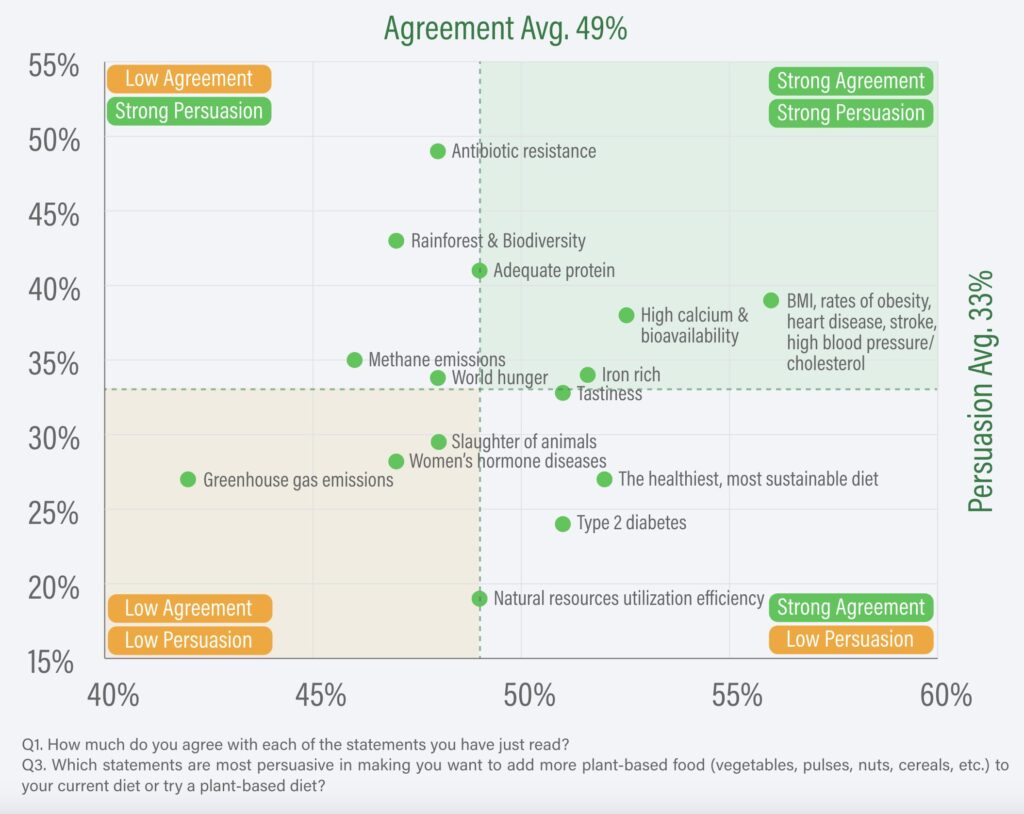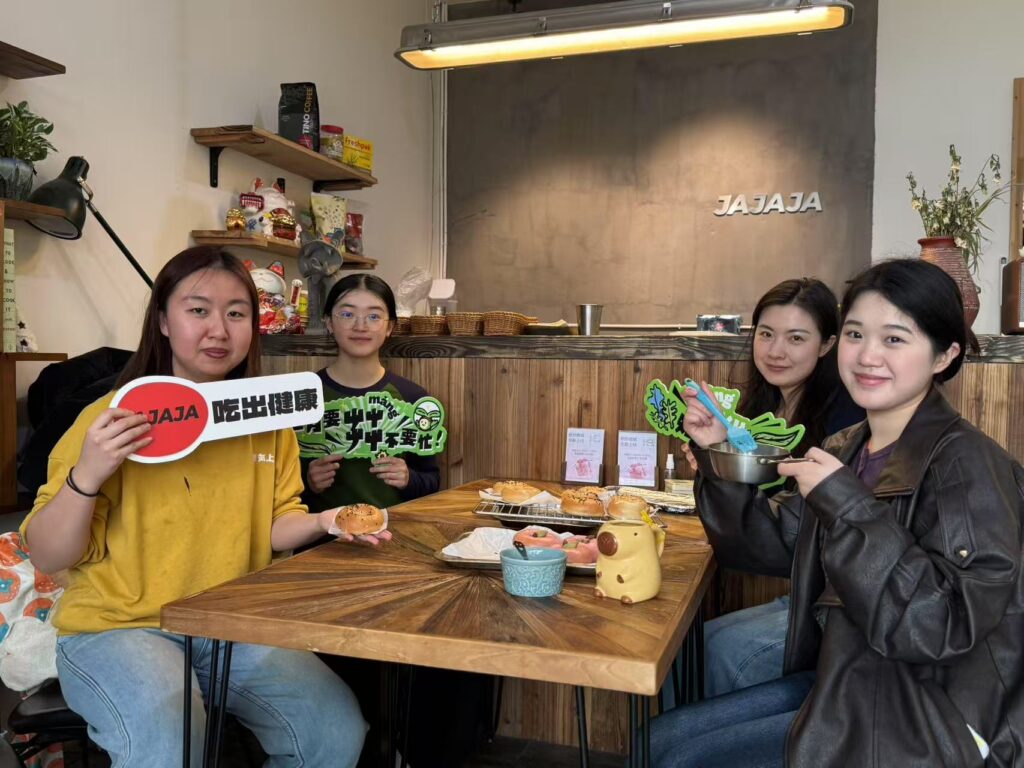
As China’s future food leadership grows, its students will compete to solve real-world problems by developing new products in ProVeg International’s next Food Innovation Challenge.
Already a pioneer in electric vehicles and green energy, is food tech the next sustainability frontier for China?
Some would argue that the country is already a leader in this ecosystem – and they wouldn’t be wrong. Eight of the top 20 patent applicants for cultivated meat are from China.
It’s what spurred ProVeg International to host its sixth Food Innovation Challenge exclusively in the East Asian nation. The competition will entail students from Chinese universities developing alternative protein products that respond to real-world problems.
“In line with China’s ‘big food’ concept, this year’s edition focuses on real market needs, inspiring students to develop solutions guided by top professors and backed by leading food companies,” said Nicole Wu, executive director of ProVeg China.
Food Innovation Challenge will play to health trends in China

The students will receive challenge briefs from global alternative protein giants Beyond Meat and Oatly, established local food firms Yihai Kerry Arawana, Dali Foods Group, Yinlu Foods Group, and Starfield, as well as emerging sustainable protein players Moremeat and Fushine.
The challenges will give participants the chance to design products tailored to China’s evolving taste and nutritional preferences. A survey by ProVeg in 2024 found that health is the main driver of plant-based food consumption in China, with 46% of consumers saying so, followed by nutrition (39%). It further revealed that 98% would eat more vegan food if they were told of its advantages.
This chimes with more recent polling from V-March, the country’s answer to Veganuary, whose market research found that 36% of Chinese consumers chose plant-based diets for health reasons, 22% were influenced by trendiness, and 21% followed religious beliefs.
“We believe the creativity of China’s next generation will help shape a healthier, more resilient, and future-ready food system,” said Wu. “In line with China’s ‘big food’ concept, this year’s edition focuses on real market needs, inspiring students to develop solutions guided by top professors and backed by leading food companies.”
This year’s participants will be mentored by university professors for the first time and the NeoProtein Committee of the Chinese Institute of Food Science and Technology will provide expert guidance.
“Neoprotein is an emerging protein resource driven by the rapid development of biomanufacturing technologies. Unlike traditional livestock or fisheries, it offers advantages such as resource efficiency, low carbon footprint, and high production efficiency,” said Jian Chen, chairman of the NeoProtein Committee.
“With the potential to partially replace conventional animal protein, it is becoming a key lever to ensure a sustainable food supply,” he added.
From functional milks to Asia-suited meat alternatives

This year’s challenge will feature 32 winning teams, with a total cash pool of over $18,000. The deadline to submit ideas is March 20, 2026, with the finals set to take place in mid-May.
These students will work to meet several diverse briefs. Oatly is asking participants to create a plant-based milk with health attributes and a clear functional claim (and it doesn’t have to be oat), while Beyond Meat (which suspended its China business this year) is looking for its next hero product.
Dali Foods’ call involves a soy milk product for young consumers that combines health benefits with traditional Chinese culture, Starfield wants participants to develop plant-based meat ingredients tailored specifically for Asian cuisine, and Fushine is looking for a ready-to-eat product that uses its FuNext mycoprotein as the primary ingredient.
Shortlisted teams will feature in an Innovation Solution Showcase at the 2025 Food Innovation Expo, as well as visit company campuses.
“ProVeg Food Innovation Challenge promotes industry-academia-research collaboration and advances the development of the neoprotein sector through scientific and pragmatic solutions,” said Chen.
Last year, two of the competition winners were from China. The students of the Ocean University of China worked with colleagues at New York University to create a microalgae-based rice dressing, and participants from Jiangnan University leveraged microalgae protein, plant polysaccharides and 3D-printing technology to create plant-based, high-protein octopus legs.
The focus on China in this year’s contest comes amid growing government support for alternative proteins. At the annual Two Sessions summit, top government officials called for a deeper integration of strategic emerging industries like biomanufacturing. And in an official notice about China’s agricultural priorities before the summit, the Ministry of Agriculture and Rural Affairs (MARA) identified the safety and nutritional efficacy of alternative proteins as a key priority.
A week later, the No. 1 Central Document (which signals China’s top goals for the upcoming year), underscored the importance of “building a diversified food supply system”, including efforts “to cultivate and develop biological agriculture and explore novel food resources.” The following day, a briefing by MARA featured a call to action to “develop new food resources such as plant-based meat”.
The post Beyond Meat, Oatly Challenge Chinese Students to Develop Future Food Products appeared first on Green Queen.
This post was originally published on Green Queen.